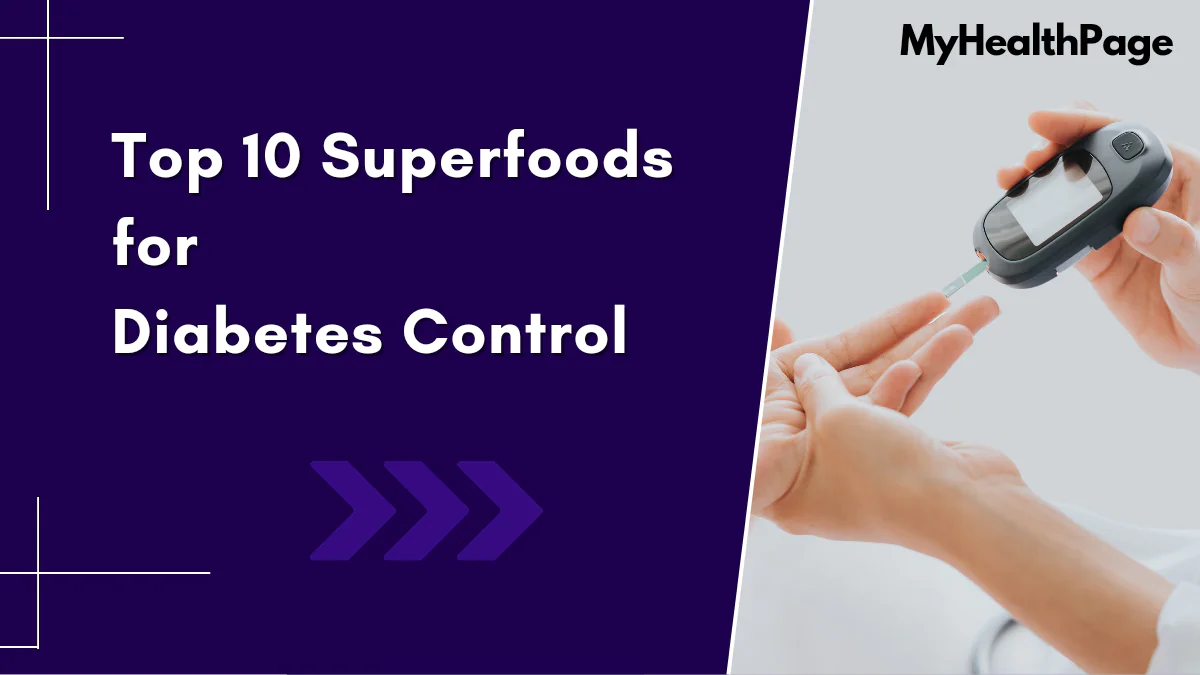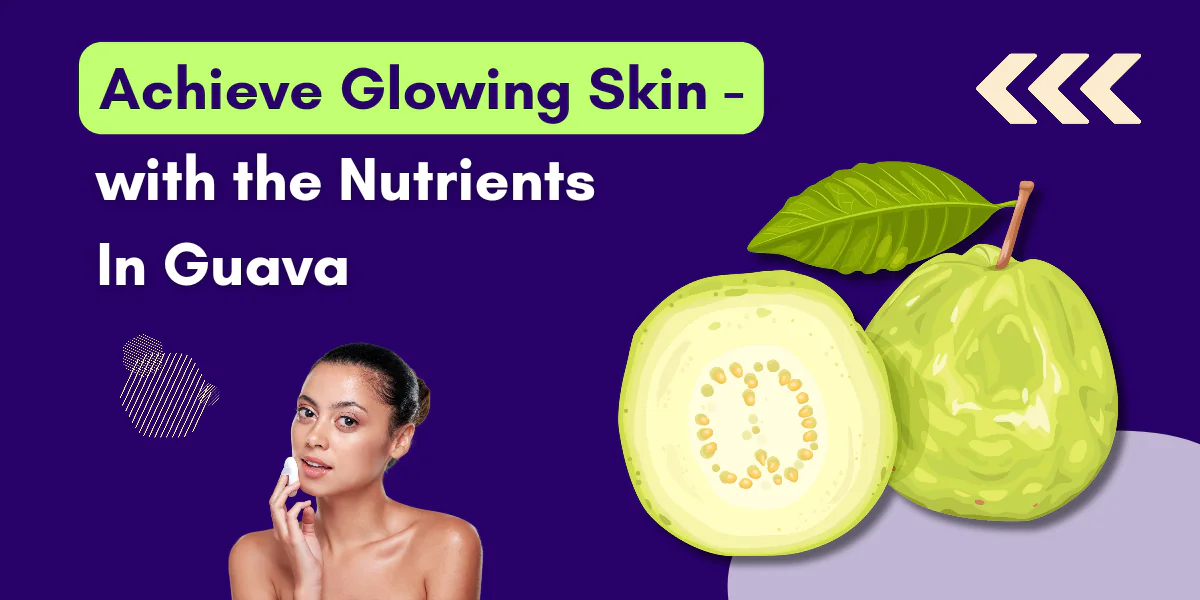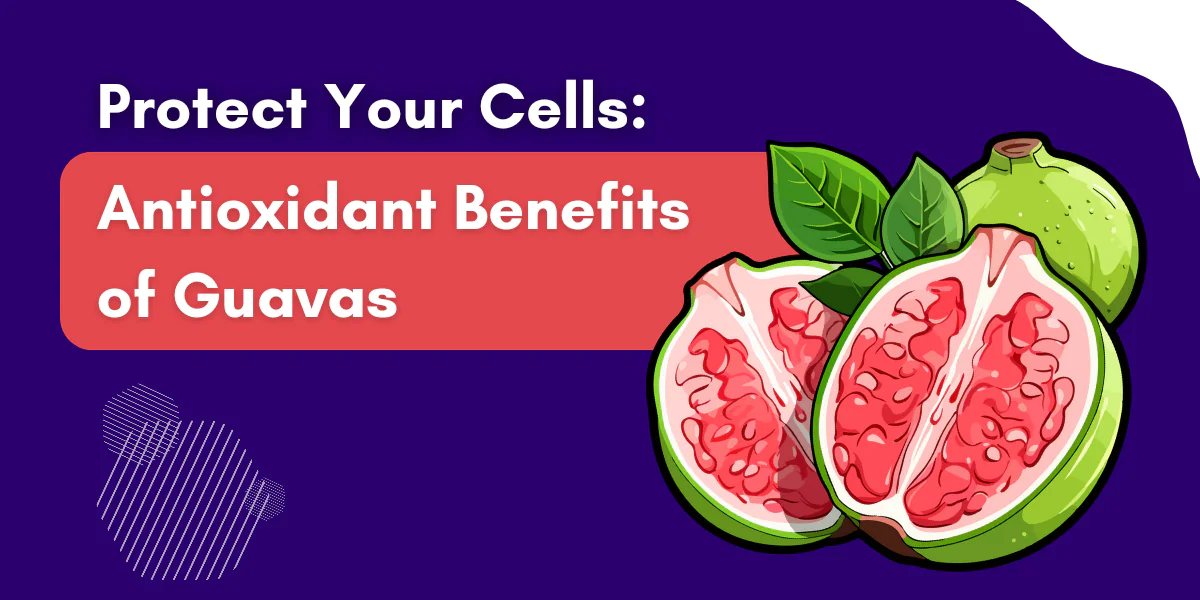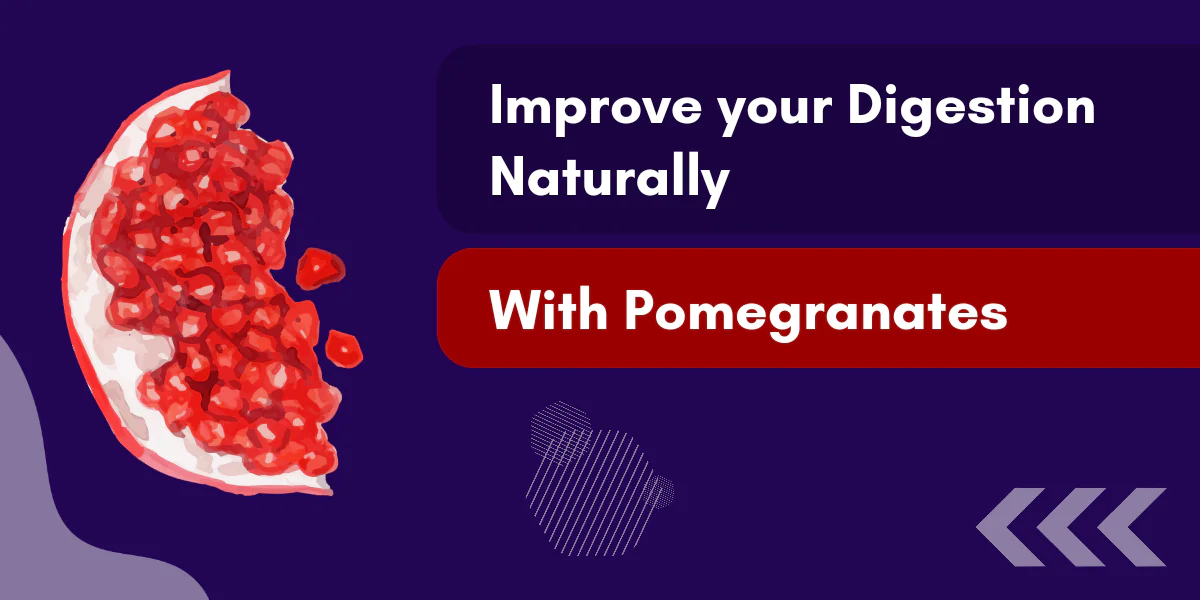Protein is the cornerstone of a healthy diet, especially for those pursuing fitness goals or striving for weight management. It fuels muscle growth, repairs tissues, and keeps you feeling full longer—all while supporting fat loss. By choosing foods that are both high in protein and low in calories, you can optimize your diet for maximum results without compromising on flavor or nutrition.
This guide delves into the best low-calorie, high-protein foods, their benefits, and practical ways to incorporate them into your meals.
Why Choose Low-Calorie, High-Protein Foods?
Low-calorie, high-protein foods are beneficial for various reasons:
- Muscle Building: Protein provides essential amino acids that aid in muscle repair and growth.
- Weight Management: High-protein foods promote satiety, helping control hunger and calorie intake.
- Metabolism Boost: Protein has a high thermic effect, meaning the body burns more calories digesting it.
- Sustained Energy: Low-calorie protein sources provide lasting energy without causing blood sugar spikes.
Top Low-Calorie, High-Protein Foods
1. Chicken Breast
- Calories (per 100g): ~165
- Protein (per 100g): ~31g
A staple in fitness diets, chicken breast is lean, versatile, and packed with protein. Grill, bake, or stir-fry it with spices and vegetables for a delicious meal.
2. Egg Whites
- Calories (per 100g): ~52
- Protein (per 100g): ~11g
Egg whites are nearly pure protein and contain zero fat. Use them in omelets, scrambles, or protein-packed baked goods.
Related: Egg Protein Benefits: How Much Protein is in One Large Egg?
3. Greek Yogurt (Non-Fat)
- Calories (per 100g): ~59
- Protein (per 100g): ~10g
Non-fat Greek yogurt is creamy and nutrient-dense. Enjoy it with fresh berries, nuts, or a drizzle of honey for a healthy snack.
4. Cottage Cheese (Low-Fat)
- Calories (per 100g): ~81
- Protein (per 100g): ~11g
Cottage cheese is rich in casein protein, which digests slowly, making it an excellent choice for bedtime snacks.
5. Tuna (Canned in Water)
- Calories (per 100g): ~109
- Protein (per 100g): ~24g
Tuna is a low-calorie seafood option rich in protein and omega-3 fatty acids. Add it to salads, wraps, or sandwiches.
6. Turkey Breast
- Calories (per 100g): ~135
- Protein (per 100g): ~29g
Lean turkey breast is a great alternative to chicken, offering similar protein content with minimal calories and fat.
7. Lentils
- Calories (per 100g cooked): ~116
- Protein (per 100g cooked): ~9g
Lentils are plant-based powerhouses loaded with protein, fiber, and essential nutrients. Use them in soups, stews, or salads.
8. Quinoa
- Calories (per 100g cooked): ~120
- Protein (per 100g cooked): ~4.4g
Quinoa is a complete protein, containing all nine essential amino acids. It’s a fantastic grain substitute for rice or pasta.
9. Edamame (Soybeans)
- Calories (per 100g cooked): ~121
- Protein (per 100g cooked): ~11g
Edamame is a high-protein snack or side dish that is both satisfying and nutrient-dense. Sprinkle with a pinch of sea salt for added flavor.
10. Protein Powder (Whey or Plant-Based)
- Calories (per scoop): ~120
- Protein (per scoop): ~20-25g
Protein powders are convenient and versatile. Blend them into shakes, oatmeal, or pancakes to boost your daily protein intake.

How to Incorporate Low-Calorie, High-Protein Foods into Your Diet
1. Breakfast
- Make a veggie-packed egg white omelet with spinach, tomatoes, and mushrooms.
- Top Greek yogurt with chia seeds and fresh fruits.
2. Lunch
- Toss grilled chicken breast with mixed greens, cucumbers, and a low-calorie vinaigrette.
- Prepare a quinoa and edamame bowl with lemon-tahini dressing.
3. Dinner
- Enjoy baked turkey breast with roasted vegetables and a side of lentils.
- Grill a tuna steak and serve with steamed broccoli and quinoa.
4. Snacks
- Have a cup of cottage cheese with sliced peaches or pineapple.
- Roast chickpeas or edamame for a crunchy, protein-rich snack.
5. Smoothies
- Blend protein powder with almond milk, a banana, and a handful of spinach for a nutritious drink.
Benefits of Low-Calorie, High-Protein Foods
1. Enhanced Muscle Recovery
Protein-rich foods aid in repairing muscle tissue after workouts, helping you recover faster.
2. Appetite Control
High-protein meals curb cravings and keep you full longer, reducing the temptation to snack on unhealthy options.
3. Improved Metabolic Health
Low-calorie, high-protein diets can improve metabolic markers like blood sugar levels and cholesterol.
4. Versatility
With a wide variety of options, it’s easy to incorporate high-protein foods into any meal.
Common Mistakes to Avoid
1. Over-relying on Processed Options
Avoid processed high-protein snacks that are often loaded with hidden sugars and fats.
2. Ignoring Plant-Based Proteins
Balance animal proteins with plant-based options like lentils, chickpeas, and quinoa for a more diverse nutrient profile.
3. Skipping Portion Control
Even high-protein foods can lead to weight gain if consumed in excessive amounts. Stick to portion sizes appropriate for your calorie goals.
FAQs
What are the best low-calorie, high-protein foods for weight loss?
- Chicken breast, egg whites, and non-fat Greek yogurt are excellent choices.
Can vegetarians follow a high-protein diet?
- Yes, plant-based options like lentils, quinoa, and edamame are great for vegetarians.
How much protein should I consume daily?
- Aim for 0.8–1.2 grams of protein per kilogram of body weight, depending on your activity level.
Are protein powders a good choice for a low-calorie diet?
- Yes, they are convenient and can be part of a balanced diet when used in moderation.
What’s the difference between whey and plant-based protein powders?
- Whey is derived from milk and digests quickly, while plant-based powders are dairy-free and suitable for vegans.
Can high-protein diets harm your kidneys?
- For healthy individuals, high-protein diets are generally safe. However, those with kidney issues should consult a doctor.
Conclusion
Low-calorie, high-protein foods are the perfect allies in achieving your health and fitness goals. They promote muscle growth, aid in weight management, and keep you energized throughout the day. By incorporating a variety of these nutrient-packed options into your meals, you can create a sustainable, delicious, and effective eating plan. Remember to balance your diet with whole foods, stay hydrated, and maintain an active lifestyle for optimal results.
Read Also: 10 Budget-Friendly Foods That Are High in Protein
Medical Disclaimer: This article is for informational purposes only and is not a substitute for professional medical advice. Always consult with a healthcare provider for personalized recommendations.




















